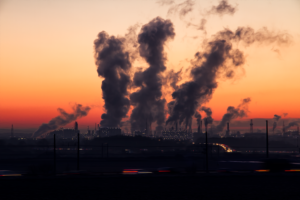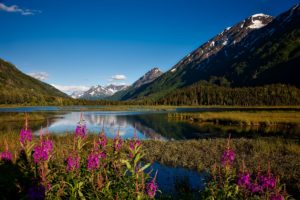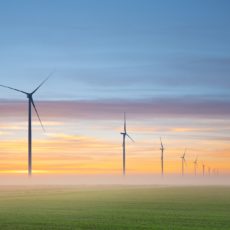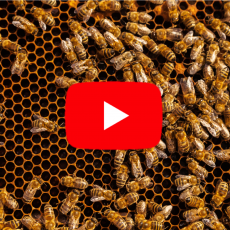
We often talk about the power of our vote to spur change in the world. We encourage you to vote for leaders who believe in science and want to ensure our planet remains habitable for all life on it. Well, today is Election Day in the United States. If you’re a US citizen and haven’t voted yet or are on your way to the polls still undecided, today we’re talking environmental rollbacks, updates, and changes during the four years the Trump Administration has occupied the White House. Perhaps rather than considering your vote a vote for a specific party, consider it a vote for the Earth. Ultimately, it won’t matter who wins what where, if there isn’t a habitable planet for humans to live on. If there was ever a time to choose to use your power, now is it.
So, what’s going on in the “land of the free and the home of the brave?”
To date during the 4 years of the Trump presidency, 125 environmental safeguards have been rolled back, while restrictions on pollution, emissions, drilling and logging have been relaxed, and protections for animals including bees, bears, birds, and most recently gray wolves—only barely just saved from the brink of extinction—have been weakened. There are 40 more rollbacks currently underway. According to the Washington Post, there is is also an accelerated push to “ease requirements on power plants that leak waste into waterways, weaken efficiency standards for dishwashers, scale back oversight of mine safety, and approve seismic drilling in an Alaska wildlife refuge.” And while the President of the US touts himself a “great environmentalist”, just a few days ago his administration “opened up more than 9.3 million acres to logging in Alaska’s vast Tongass National Forest, one of the world’s largest intact temperate rainforests. It boasts the highest density of brown bears in North America, and its trees—some of which are 1,000 years old—absorb more carbon than any other forest in the United States.” This may well be the North American equivalent of what is occuring in the Amazon rainforest. And though the Alaskan wildfire season was relatively quiet this year with some notable zombie fire action, 2019 saw the worst wildfire season in years. This can only be expected to become the norm as global temperatures increase due to climate change.
Did we mention that the head of the United States Environmental Protection Agency, Andrew R. Wheeler (nominated by Trump), is a former lobbyist for the coal industry, and is a critic of limits on greenhouse gas emissions and the Intergovernmental Panel on Climate Change? That in March 2020, Wheeler’s EPA “declared that for an indefinite amount of time, it would generally not fine companies for violating environment regulations including ‘routine compliance monitoring [of pollution], integrity testing, sampling, laboratory analysis, training, and reporting or certification obligations’, if the EPA agreed that the COVID-19 pandemic caused the violation”? Self-reporting of pollution is now based on an “honor” system. Honor among polluters? Is there such a thing?
AND speaking of climate change…
In 2015, all member states of the United Nations adopted The 2030 Agenda for Sustainable Development, a landmark roadmap to achieving peace and prosperity for people and the planet. At its heart are the 17 Sustainable Development Goals (SDGs), which are an urgent call for action by all countries—developed and developing—in a global partnership. They recognize that ending poverty and other hardships must go hand-in-hand with strategies that improve health and education, reduce inequality, and spur economic growth—all while tackling climate change and working to preserve our oceans and forests. Sustainable Development Goal 13: Climate Action introduced the Paris Agreement to combat climate change and to accelerate and intensify the actions and investments needed for a sustainable low carbon future. The signatories agreed to work toward keeping a global temperature rise this century well below 2 degrees Celsius (3.6 degrees Fahrenheit) above pre-industrial levels and to pursue efforts to limit the temperature increase even further to 1.5 degrees Celsius (2.7 degrees Fahrenheit).
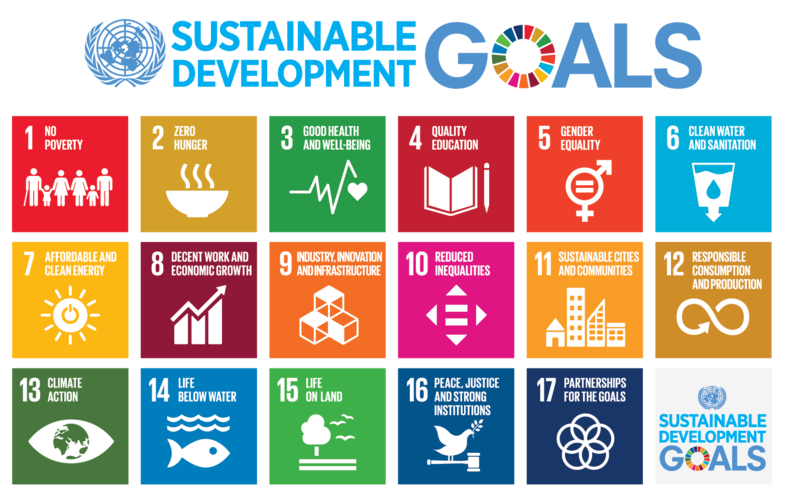
Just a few degrees may not seem like much, but it is literally the difference between now and more than 70 percent of Earth’s coastlines seeing sea-level rise greater than 0.66 feet (0.2 meters), which will result in increased coastal flooding, beach erosion, salinization of water supplies, other impacts on humans and ecological systems including the decline of more than 99% of coral reefs worldwide. The ramifications of just a few degrees will be devastating impacts on all of humanity, rendering currently inhabited parts of our planet literal wastelands. Famine, disease, extreme weather—could there possibly be a reason for any country not to fight this future scenario?
Apparently.
In 2017, it was announced that the US would withdraw from the Paris Agreement, citing unfair economic burdens on the country. In accordance with restrictions on withdrawal, the earliest date that the US withdrawal can official go into effect is November 4, 2020—tomorrow. As the Western United States saw its worst wildfires on record this past summer—some of which are still ongoing, as the Southern states were and continue to be bombarded with storm after storm, as tick populations have exploded in the Northeast, as the country tops new coronavirus infection rates day after day, the President of the US has time and again dismissed climate change as a “very expensive hoax“, and said the “concept of global warming was created by and for the Chinese in order to make U.S. manufacturing non-competitive.” Additionally, “there is a cooling, and there’s a heating. I mean, look, it used to not be climate change, it used to be global warming. That wasn’t working too well because it was getting too cold all over the place.” And in response to California Secretary for Natural Resources Wade Crowfoot’s request to work with the science as millions of acres of land burned, “It’ll start getting cooler. You watch… I don’t think science really knows, actually.”

To be fair, this “great environmentalist” has indeed accomplished a few things during his term in office
The US did indeed reduce its emissions last year by 2.9%, however, per head of population, the US produces significantly more carbon dioxide than its favorite boogeyman, China. This can be kind of confusing. Yes, as a country, China produces nearly twice as much CO2 as the US. But per person, US emissions rank #4 compared to China at #13 by the Union of Concerned Scientists.
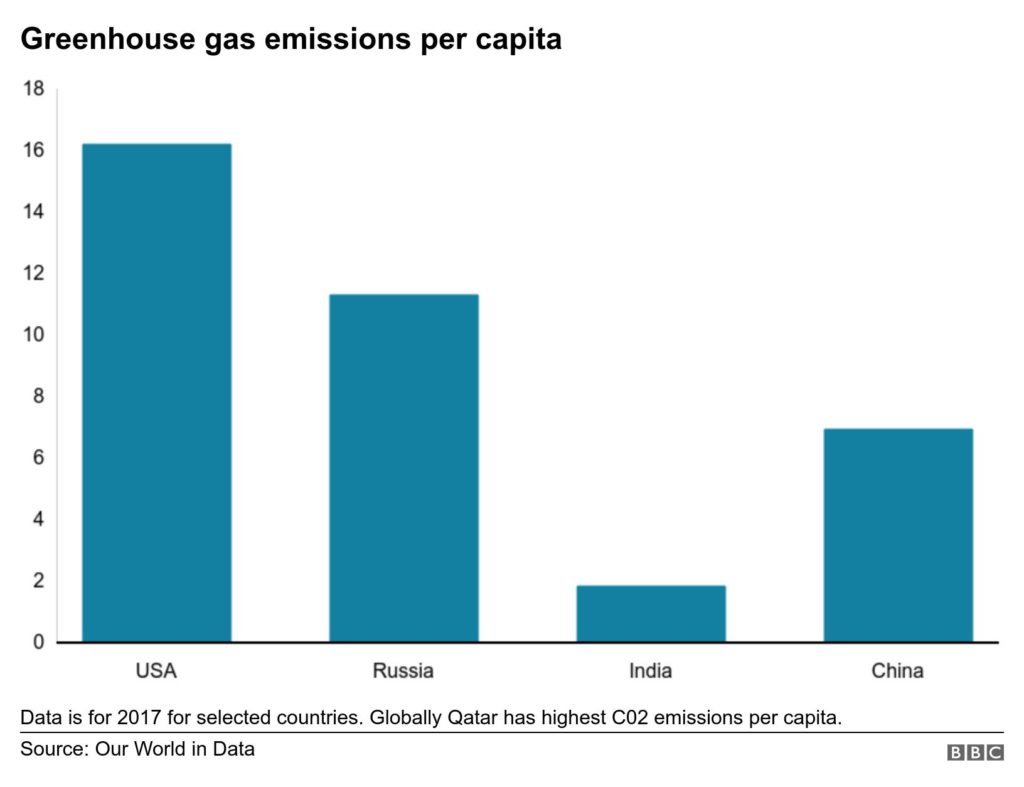
Over the past few decades, air quality—a measure of six major pollutants—has improved significantly in the US and continued to do so with a 7% fall between 2017-2019. But whether this is a result of direct action by the President or a reflection on decreasing dependence on fossil fuels is up for debate. And the long-term outlook has become questionable due to the recent dismantling of numerous air quality standards.
Summer 2020 saw the passage of the Great American Outdoors Act, “which will use revenues from energy development to provide up to $1.9 billion a year for five years to provide needed maintenance for critical facilities and infrastructure in our national parks, forests, wildlife refuges, recreation areas, and American Indian schools. It will also use royalties from offshore oil and natural gas to permanently fund the Land and Water Conservation Fund to the tune of $900 million a year to invest in conservation and recreation opportunities across the country.” That’s a hefty chunk of change for conservation, but there are a few key words that pop out to us here: energy development, offshore oil and natural gas. Preservation of our planet and maintaining our reliance on the fossil fuel industry simply cannot coexist. Literally. Participation in the latter is part and parcel of the destruction of the former.
So, where does that leave us?
What’s the worst that can happen if we decide to take better care of our planet? Healthier, longer, happier lives for all life on it. Sounds pretty damn good to us. So, vote. Vote like your life and the life of our planet is at stake. No country exists in a protective bubble apart from the others. The air we breathe is the same air everyone else does. Our water is the same water. Our carbon footprint affects the entire planet. We are not silos, despite the wishes and policies of our respective governments. The Earth is a closed system and we’re all in this together.
Vote planet over profit.
Vote for leaders who will fight for the same.
Vote.

.

